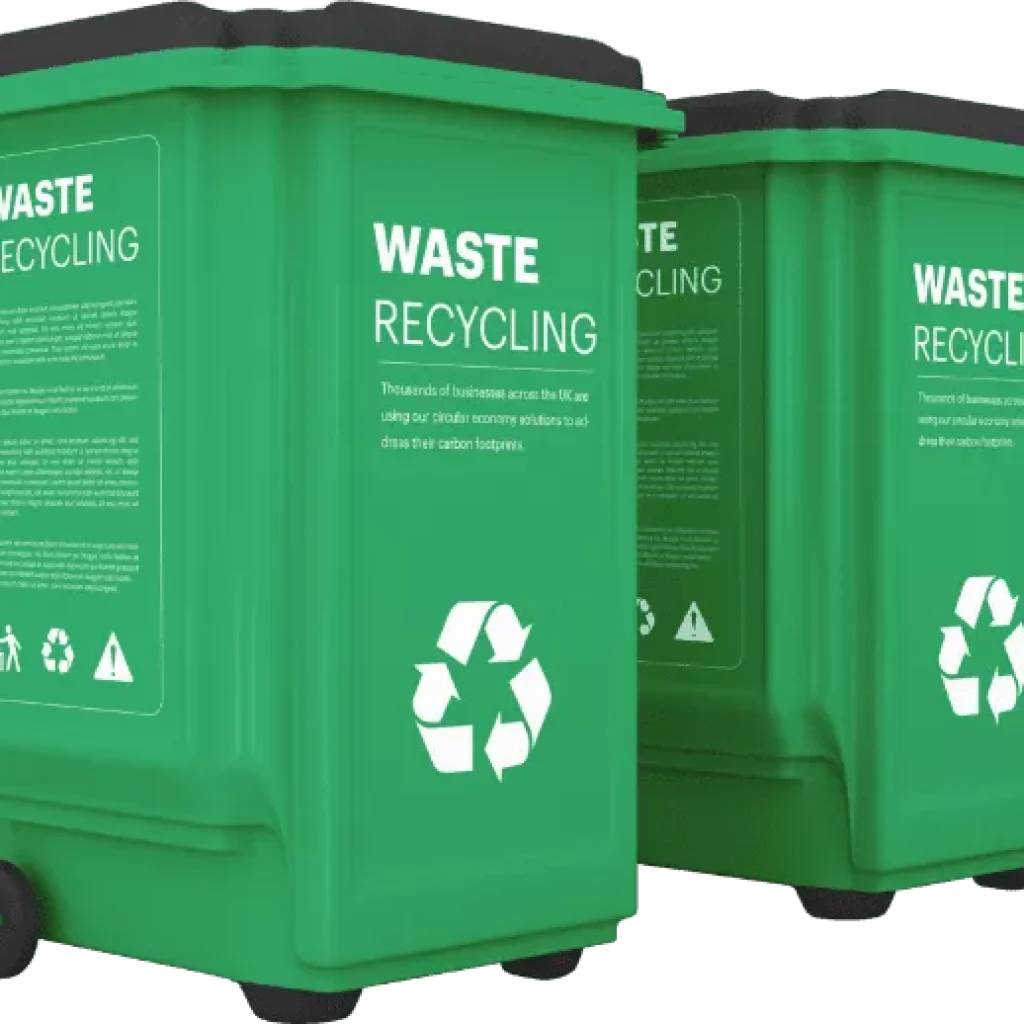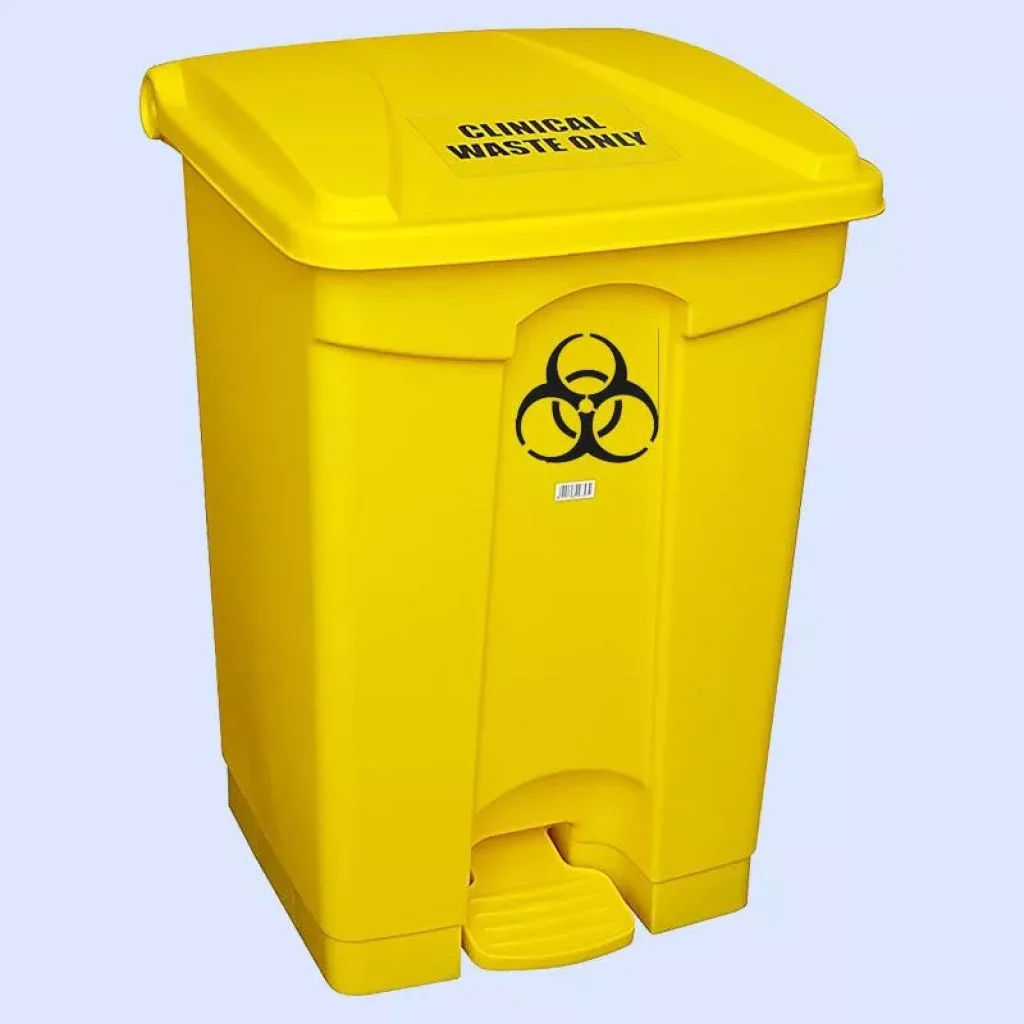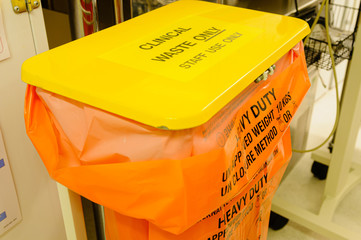If you’re like many people, you may not consider the issue of managing clinical waste until the time comes to dispose of something. However the management of clinical waste is an essential component of any health facility’s work.
Not only will the proper clinical waste disposal management ensure the protection of the environment as well as general health of the population, but it will help save your healthcare facility money.
In this blog we’ll look at seven strategies to lower your expenses with the proper disposal practices for your clinical waste.
From segregated storage to incineration on site and much more, read on to learn more about ways you can cut costs and ensure your community’s safety.
What Is Clinical Waste?
Clinical waste is anything that could contain infectious substances. This includes things such as used needles and IV bags, bandages, and everything else that is in contact with bodily fluids.
The medical facilities produce a lot of waste from clinical procedures and it is costly to dispose of it in a proper manner. There are numerous methods to cut down on the cost of disposing of waste from clinical facilities. One option is to select the correct kind of container.
Another option to lower expenses is to separate various types of waste. For example, hazardous waste should be separated in a manner that is not infectious waste. This will allow it to dispose of the waste in a proper manner and lessen the chance of cross-contamination.
In the end, it is essential to choose a reliable clinical waste management company. A reliable company has experience working with all forms of medical waste and is in a position to offer the most effective alternatives to dispose of it.

What Are The Different Types Of Medical Waste?
There are four kinds of clinical wastes:
1. Infectious Waste
This type of waste is any item that has been contaminated with the bloodstream or any other fluids of the body and also any item that has come in contact with an infection. This kind of waste should be eliminated in a specific manner to avoid spreading disease.
2. Hazardous Waste
A hazardous disposal of medical waste includes all materials that are toxic, corrosive, or poisonous. This type of waste has to be handled in a manner to keep the risk of harming the people as well as the natural environment.
3. Radioactive Waste
Radioactive clinical waste refers to anything that is radioactive. This kind of waste should be treated in a manner that will keep any harm from it to the people as well as the surrounding environment.
4. Non-Hazardous Waste
Non-hazardous clinical waste is all materials that do not fall into one of the other categories. This kind of waste could generally be removed from the normal trash can.
Which Ways Can You Lower The Cost Of Your Clinical Waste?
The most crucial step in the reduction of your cost for clinical waste collection is to make sure that you’re making use of the appropriate method of managing clinical waste for your requirements.
There are numerous medical waste management systems in the marketplace, and it is essential to pick the one that is most suitable for the needs of your facility.
There are several things to consider when choosing an option, including the kind of waste generated, the quantity of waste that you produce and the frequency you produce waste.
Another option to lower the cost of your waste management in clinical settings is to select one that is easy to operate and maintain. A reliable clinical waste management system must be simple to use and require only minimum maintenance.
In the end, you can cut down on the cost of your waste management by choosing a system that is green. The clinical waste management systems that are eco-friendly can help you save costs in the future through reducing your environmental footprint.
What Are The Benefits Of Using Clinical Waste Management?
There are many advantages for using clinical waste management. These include decreasing costs, increasing security, and improving the quality of healthcare for patients.
Clinical waste services are the method of safely getting rid of medical waste. This could include anything that is used, from needles and needles, to tissues and body fluids.
Healthcare facilities produce a great deal of waste. Clinical waste management is an essential element of running a secure and efficient clinic or hospital. By focusing on the management of the medical waste that they produce, health professionals can cut costs, decrease the risk of infections and enhance the quality of the patient’s care.
The primary benefit of using clinical waste management is that it will reduce the cost of healthcare facilities. Properly disposing of medical waste requires specialist equipment and skilled personnel, which can cost a lot.
Medical Waste may contain hazardous pathogens that can lead to grave illnesses, as well as death, if they come in contact with animals or people. If medical waste is removed correctly, health professionals can stop the spread of illness and shield the general public from harm.

Tips To Reduce Your Costs For Clinical Waste
If you’re already working with an organisation that handles clinical waste There are many possibilities to lower your expenses.
1. Check Your User.
The first step is to examine your current waste production and consider where you can adjust your processes. This will allow you to determine whether you’re producing too much waste or if there’s a way to modify your processes to reduce the amount of waste produced.
2. Implement A “Right-Sizing” Program For Your Medical Waste Containers.
There is a chance that you are using containers that aren’t large to meet your requirements, and you’re costing you money in the cost of container purchases and disposal.
A lot of companies that handle clinical waste provide “right-sizing” programs that assist customers in selecting the right size container for their needs, based upon the type and quantity of waste they produce.
3. Educate Staff On Proper Medical Waste Segregation Practices.
One of the major causes of rising medical cost of disposal is the improper separation from medical waste. If staff members aren’t adequately educate on the proper way to separate materials, however, this can cause cross-contamination, and the necessity for more disposal methods.
Make sure that your staff are adequately train in the proper methods of segregation for medical waste and understand the importance of following the correct guidelines.
4. Participate In A Hazardous Waste Cardboard Recycling Program .
Hazardous wastes like sharps and pharmaceuticals are often store in cardboard boxes or plastic packaging which can be reuse.
A Basic Guide To Clinical Waste Management Plans
As an owner of a business, it is likely that you’re always searching for ways to lower expenses. One approach to reduce costs is to make sure you have a waste management program in place.
This clinical waste solution will enable you to avoid the costly penalties and fines that can be incurred for ineffective disposal of clinical waste.
A Clinical Waste Management Plan Should Include:
- An explanation of the kind of waste to be produce
- The amount of waste to be produce
- The frequency of the generation of waste
- The method of storage used for the waste
- The means of transporting the waste
- The disposal process for waste
Cost-Effective Clinical Waste Management Services
The process of recycling for hospital waste management is taking things to a whole new level. So, the process begins with collection of the clinical waste from various areas within the facility.
The waste is then take to a central place where it is clean and store prior to being to be recycle.
The major advantages of this system are that it’s effective and can reduce the quantity of waste deliver to landfills. Additionally, it helps improve the quality of life as less energy is require for recycling the waste.
Conclusion
We hope that our suggestions will help you determine ways to cut costs by implementing the correct disposal of your waste in a clinical manner.
However, If you require assistance in finding the ideal service then take a look through our collection of providers for clinical waste management and select the best one to meet your requirements.

